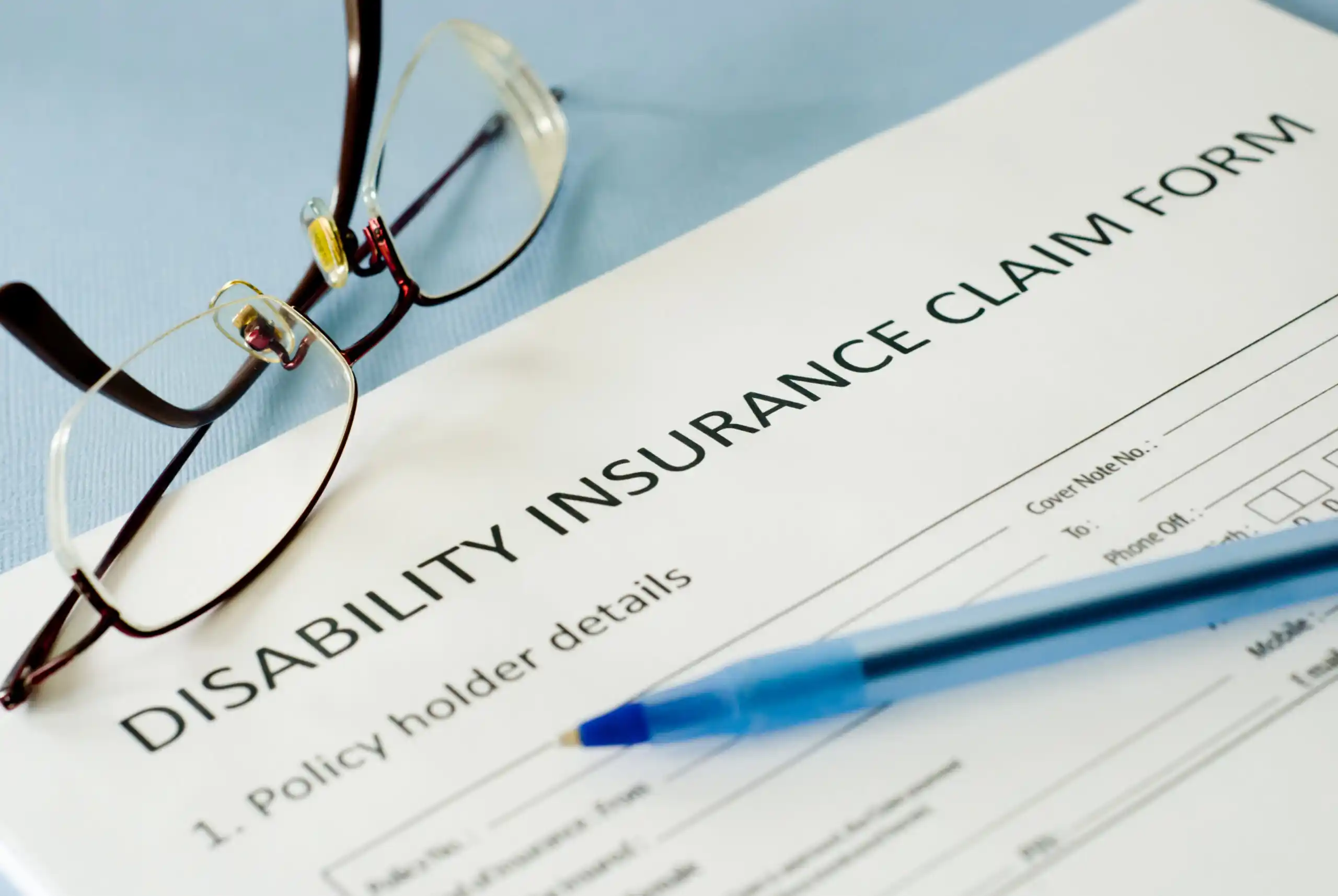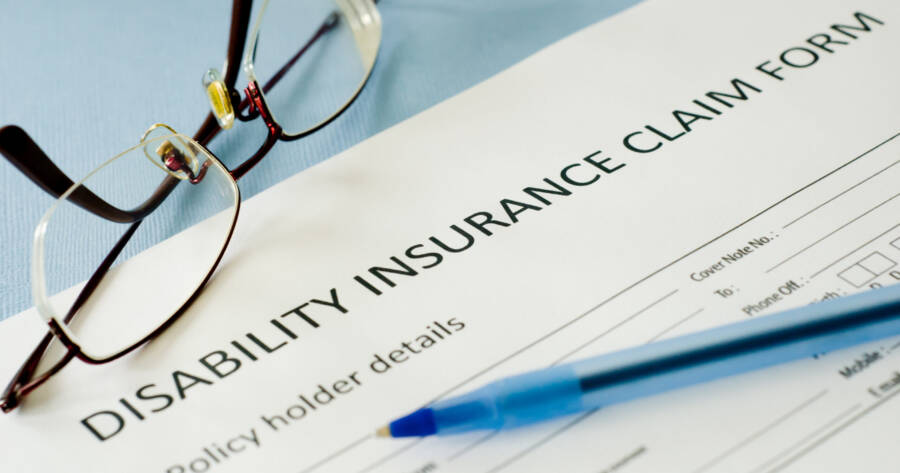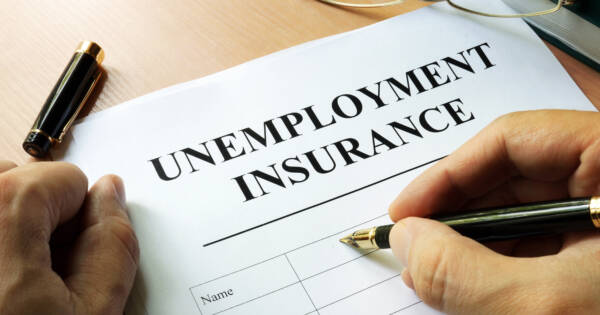Short term disability insurance is a special kind of coverage. As the name implies, it’s meant to replace lost wages during a short period where you are unable to work due to a temporary disabling condition. Payments are made on a weekly, bi-weekly, or monthly basis. Generally, to receive payouts from your plan, you are expected to be able to return to work within the scope of the contract. The exact timeframes vary from plan to plan. There is always a maximum length of time. It could be as short as 12 weeks, but the maximum can be up to one year.
This type of emergency healthcare coverage is usually provided by an employer or purchased privately. You shouldn’t confuse it with private long term disability insurance or the public disability benefits from Social Security. If you also have long term disability coverage, the two can work together. It’s likely that your short term disability coverage will seamlessly merge with your long term plan after you pass the allotted time period. You will also need a professional medical opinion that you are still unable to return to work.
Here is a short breakdown of what short term disability insurance covers. We’ll also talk about under which circumstances you may be able to claim your payments.
You May Already Have A Short Term Disability Plan
Short term disability plans are usually separate from your standard health insurance. Although they can be bought separately, you might already have it through your employer. As of 2018, 42% of workers had access to short term disability coverage. Additionally, 34% had access to long term plans through their employers too. That’s a good start, but still leaves millions of people without coverage.
It’s important to remember that injuries sustained on the job are usually covered by worker’s compensation, not short term disability insurance. It can be easy to get these two confused, especially if you have short term disability insurance through your employee benefits. However, short term disability insurance generally covers conditions not directly related to the execution of your job.
Conditions Covered
The conditions covered by short term disability insurance will vary from plan to plan. However, they can include anything from injuries resulting from an accident, pregnancy, mental health situations, recovery periods following surgeries, and more. So long as the condition is documented and sudden, there is a good chance it will be covered by a short term disability plan.
Keep in mind that most plans exclude payouts for complications resulting from certain pre-existing conditions. The most common exceptions here are diabetes, HIV/AIDS, and heart disease. You also be denied payment under your short term disability insurance if you were engaged in certain activities while sustaining the injury. Common examples of this rule include participating in a war zone, being part of a riot, or committing a crime. You are also not eligible for short term disability if you need to take care of a sick family member. However, you might get up to 12 weeks of time covered by the Family and Medical Leave Act (FMLA) in that situation.
The most important thing about short term disability insurance is documentation. Keep detailed and accurate records. Every doctors appointment, diagnosis, and medical expense. Short term disability claims will only be fulfilled if a doctor diagnoses you and verifies that you absolutely need to take time off work.
Will Short Term Disability Insurance Cover Elective Surgeries?
Typically, the answer is yes. However, there is one huge condition: they must be deemed medically necessary. This term is deliberately broad. You’ll need to read your plan carefully for an exact definition to make sure your elective surgery is covered. As long as a doctor agrees that the surgery is necessary, you should be able to receive payouts.
For example, purely cosmetic surgeries are not usually covered. However, something like gastric bypass could be if your doctor agrees that there is a medical reason for you to receive the procedure. Other necessary but elective procedures such as gender-reassignment surgery may also be eligible for payouts. Like most insurance claims though, you’ll want to thoroughly check your plan. Required surgeries for certain pre-existing conditions may also not be covered.
It’s always important to examine your insurance policies closely. Short term disability insurance is no different. Every plan will list exclusions. Reviewing them carefully is the best way to plan for the aftermath of an elective surgery.
A Sample Scenario
Roughly one-in-four working-age adults will experience a disability before they hit retirement age. Furthermore, 29% of those conditions will be musculoskeletal. Let’s look at an example of a back injury and resulting surgery. Consider that you are playing flag football on the weekend. You have a bad fall that injures your back. Your doctor believes surgery is necessary. However, the aftermath and physical therapy will be prolonged. It’s estimated that you will be unable to work for at least three weeks afterwards while you recover. If you have short term disability insurance, this is exactly the kind of situation where it should kick in.
Following your surgery, you will receive weekly payouts until your doctor deems you eligible to go back to work. These payments will help you keep up with your bills in the meantime. Hopefully, you make a speedy recovery. however, if it looks like you won’t be able to return to work at the end of the period covered by the short term plan, payouts may switch to your long term disability coverage plan.
The Bottom Line
Plenty of standard health insurance plans include a short term disability section. It doesn’t matter if your insurance is through your employer or privately bought. However, you should make a point to know exactly what you coverage (if any) looks like. It’s always possible to purchase additional coverage.
If you and your family are extremely reliant on your regular income, you definitely should consider short term disability insurance. Something as a simple and common as a car accident or slipping on some ice could leave you laid up for a while, unable to work. Suddenly, the financial pressure of keeping the lights on and the fridge stocks will be looming large. This sort of coverage is specifically designed to bridge those temporary gaps until you can get back to work.
 Shutterstock
Shutterstock







